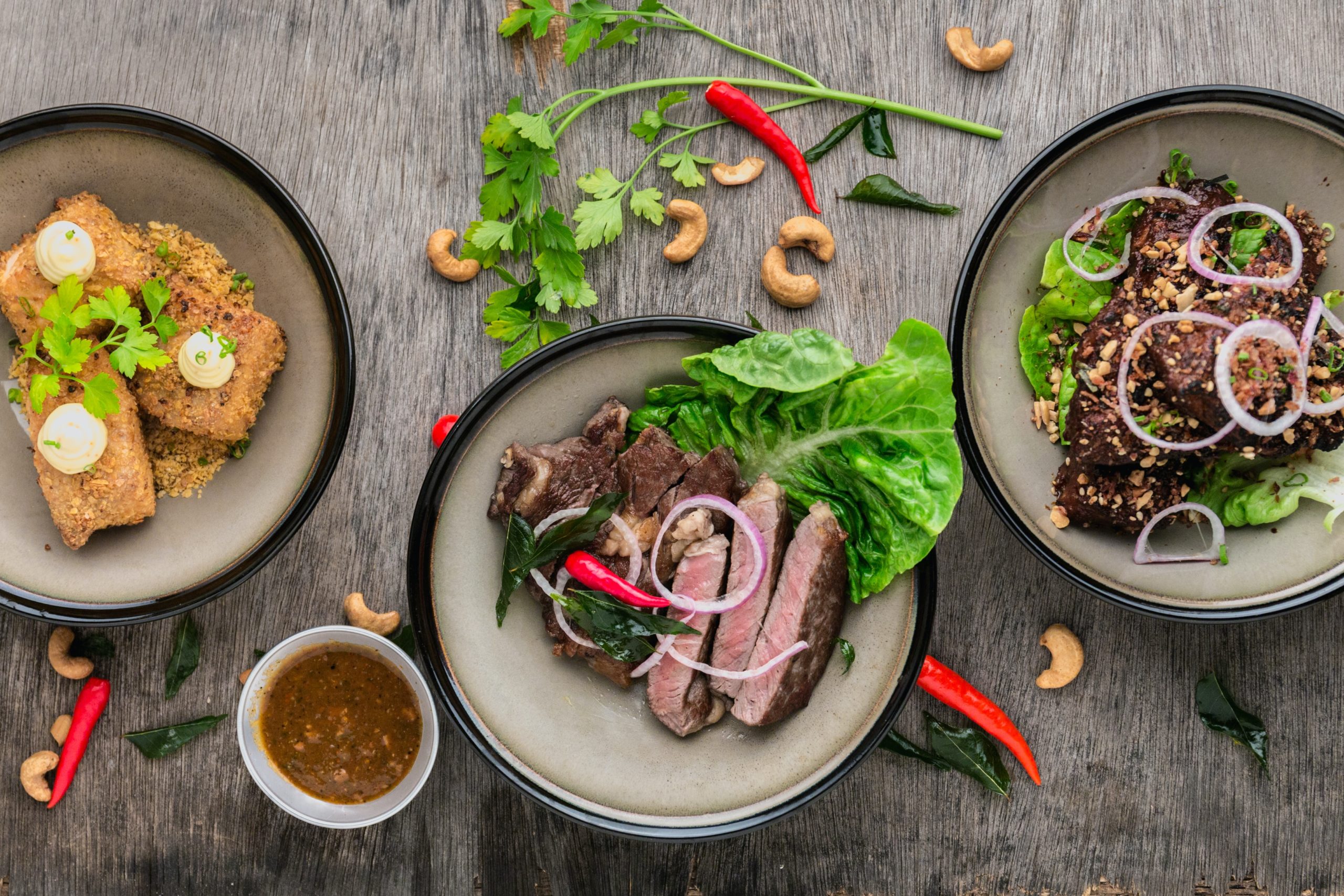When it comes to trying to eat a healthier diet, many of us focus on subtracting the “bad” foods from our diet. We cut out sugar, fat, and processed foods, thinking that this will automatically lead to weight loss and improved health. But what if we told you there’s a better way? Instead of subtracting the “bad” foods, try adding the “good” foods to your diet. Let’s talk about how to build a healthier diet by adding nutrient-dense foods, rather than subtracting the less healthy options.
Eating a diet defined by what it excludes can result in deficiencies in essential nutrients. Besides the health issues this can cause, deficiencies can contribute to hunger. If we’re deficient in essential nutrients, our bodies crave more food in an effort to correct the deficiency. This can make it much more challenging to maintain the caloric balance needed to avoid undesirable weight gain or create the caloric deficit needed for weight loss.
So, where to start?
Tip 1: Add More Fruits and Vegetables
Fruits and vegetables are packed with essential vitamins, minerals, and antioxidants that are essential for good health. They’re also low in calories and high in fiber, which makes them great for weight management. Try adding a serving of fruit or vegetables to every meal, whether it’s a banana with your breakfast, a salad with your lunch, or roasted vegetables with your dinner.
Tip 2: Add More Whole Grains
Whole grains, such as quinoa, brown rice, and whole wheat bread, are a great source of fiber, vitamins, and minerals. They also help to keep you feeling full longer and can help regulate blood sugar levels. Try swapping out refined grains, such as white bread, for whole grains.
Tip 3: Add More Lean Protein
Protein is essential for maintaining and building muscle, and it also helps to keep you feeling full and satisfied. Add lean protein to your diet by eating more chicken, fish, and beans.
Tip 4: Add More Healthy Fats
Healthy fats, such as avocados, nuts, and olive oil, are essential for good health. They help to keep your heart healthy, improve brain function, and keep your skin and hair looking great. Swap out saturated fats, such as butter and cream, for unsaturated fats.
Tip 5: Add More Herbs and Spices
Herbs and spices are not only delicious, but they’re also packed with antioxidants and anti-inflammatory compounds that can help to improve health. Try adding herbs and spices, such as turmeric, ginger, and basil, to your meals for extra flavor and health benefits.
By focusing on adding in a wider variety of more nutrient dense foods, our bodies will function better, risk of many diseases decreases, and we tend to be better satiated and less prone to overeating. Eating more of the foods our bodies need tends to push out the less essential foods from our diets. In other words, adding in the healthiest foods first, we’ll naturally subtract the less healthy foods with less effort.
For more information on which foods and how much to eat can be found at www.myplate.gov. Always consult with your doctor or a Registered Dietician before embarking on a new dietary program.
– Don Larkin

